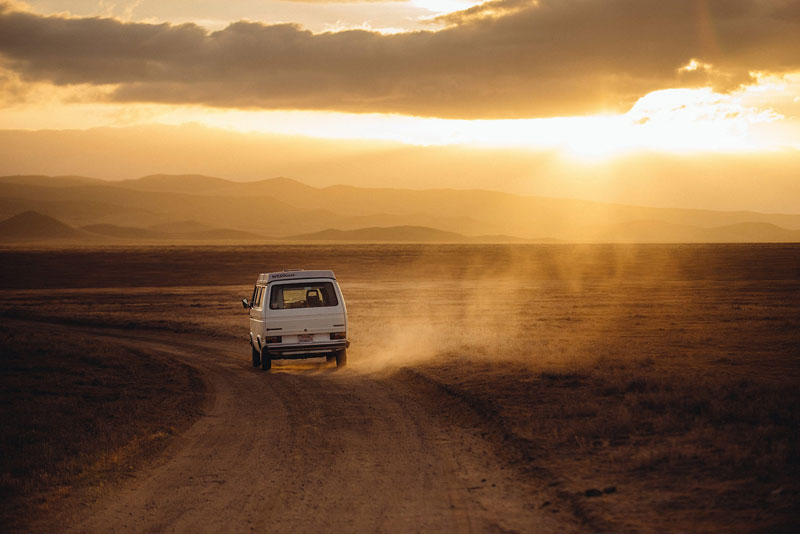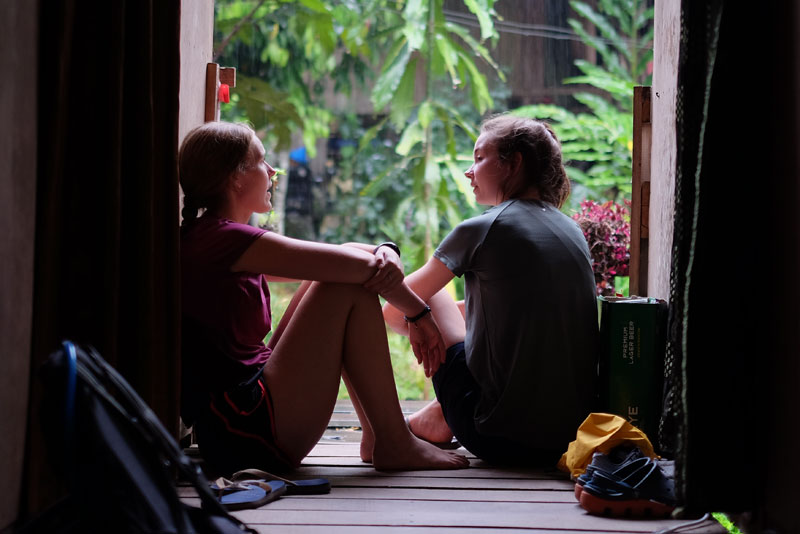Capital: Khartoum size: 2.5 million square kilometres. The largest country in Africa, about the size of Western Europe.
Population: 39 million (2004). Over half the population is under 18 yrs of age—and has not known any period of peace in its lifetime.
Darfur Crisis At a Glance
The world's worst humanitarian crisis.
Where?
The Darfur region is a large area in Western Sudan, about the size of France. The current crisis has spilled over into neighbouring Chad, where many displaced people have sought refuge.
When?
Though Sudan has endured civil war since 1983, the Darfur conflict began in early 2003 . Black Africans from Darfur rebelled against the country's Arab leadership. This region had been left out of talks aimed at securing peace between North and South—as well as agreements to share political power and oil revenues.
Who?
The main Darfur rebel groups (the Sudan Liberation Army, or SLA and the Justice and Equality Movement, JEM), are drawn mainly from the black African Fur, Masalit and Zaghawa ethnic groups. The underlying causes of their unrest include under-representation in government and large economic disparities between black Africans and Arabs in Sudan.
These groups are rebelling against the Sudan government, and the government admits to organizing "self-defence" militias to quell rebel uprisings.
However, much of the current violence is blamed on Arab "Janjaweed" militias. The Janjaweed are nomadic tribesmen, and have suffered due to desertification in Sudan. Even before the Darfur rebellion erupted, the Janjaweed militia had been raiding African villages and driving residents from their homes—away from scarce and valuable water sources. This was their original objective, and probably still is now.
Human rights groups allege that the Sudanese government has armed and supported the Janjaweed militia in order to quell the Darfur rebels.
Civilians have been the main victims of violence so fierce and systematic that many are describing it as genocide: massacres, summary executions, rapes, the burning of villages—driving people from their lands.
What?
The scale of the crisis resulting from this conflict is staggering. As of mid-2004 over one million people have been displaced, and up to 50,000 have been killed. Displaced groups have sought refuge in over 100 different locations scattered across Darfur and neighbouring Chad.
Assistance has been hampered both by an uncooperative Sudanese government, throwing up bureaucratic obstacles for aid organizations, as well as by difficult weather conditions.
The sheer size of the affected territory is also a major obstacle for both aid organizations and the UN. Recently, Kofi Annan, Secretary-General of the United Nations, pointed out that Sudan is 35 times the size of Sierra Leone which, until recently, hosted the largest peacekeeping force in the world.
Assistance
Assistance Humanitarian organizations active in the Darfur region include Doctors Without Borders, Oxfam, International Red Cross, Human Rights Watch, Amnesty International.
To date, Canada is the fourth largest donor to respond to the crisis in Darfur. However, at the time of going to press (September 2004), only one third of the necessary funds have been raised. International humanitarian organizations are warning that without significant assistance the scale of the crisis—already almost unimaginable—will continue to escalate.
Add this article to your reading list






